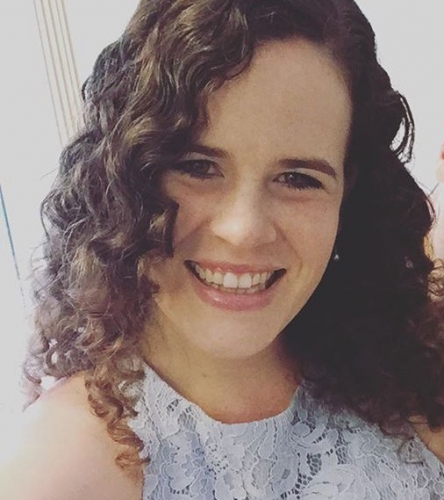Preventing future health crises doesn’t start in the emergency department…it starts in the earliest years of life. From the moment a child is born, their experiences, environments and relationships shape their lifelong health and wellbeing. Early childhood lays the foundation for everything from brain development and immune function to resilience and chronic disease risk. Yet, despite this, many health professionals in Australia enter the workforce with limited training in early childhood development. This means early warning signs are missed, prevention opportunities are overlooked, and systems remain reactive rather than proactive. By equipping doctors, nurses, midwives and allied health workers with the knowledge to understand, identify and respond to early developmental challenges, we can build a healthier future.
The first five years of life are a period of rapid brain growth and physiological development. During this time, a child’s experiences can shape the architecture of their brain, stress response systems, and even the way their genes are expressed.
Subscribe for FREE to the HealthTimes magazine
In Australia, research has consistently shown that children who experience disadvantage, such as poor nutrition, exposure to family violence, or lack of access to early learning, are more likely to face health challenges as adults. These may include cardiovascular disease, diabetes, mental health disorders and substance misuse. According to the
Australian Early Development Census (AEDC), around 22% of children are developmentally vulnerable in one or more domains by the time they start school. This early window is not only the most cost-effective time for intervention, but it’s often the most impactful.
Despite the connection between early childhood and long-term health outcomes, most Australian health professionals receive little formal training in this area. This gap means health professionals may struggle to identify the early signs of speech delays, sensory processing issues, emotional dysregulation, or attachment issues. These are often dismissed as “just a phase,” leading to delayed referrals, missed diagnoses, and the loss of valuable early intervention opportunities. In fact, in a
2022 survey of general practitioners in Australia, less than half reported feeling confident in their ability to assess early childhood development comprehensively.
Incorporating early childhood education into health training helps professionals better identify and respond to developmental delays, behavioural concerns, and early signs of mental health issues. A GP who understands typical language acquisition patterns is more likely to detect a speech delay during a routine check-up. A physiotherapist who knows the early motor milestones can flag issues with coordination or muscle tone before they escalate. A midwife or child health nurse trained in attachment theory can support parents to build strong, nurturing relationships from day one.
Australian programs such as the
National Framework for Universal Child and Family Health Services and initiatives like the
NSW Health Child and Family Health Services already demonstrate how early childhood expertise among health workers can drive positive outcomes. These services combine health screening with developmental support, family education and community referrals. When health professionals collaborate with early childhood educators, social workers and community organisations, the result is a more holistic, child-centred model of care. These programs bring together nurses, allied health professionals, and educators to work alongside families in supporting children’s development from birth to school entry.
If we are serious about preventing future health crises, we must start by transforming how we educate and support our health workforce. Universities and training institutions in Australia have an opportunity to embed comprehensive early childhood education into medical, nursing, midwifery and allied health programs. This includes not just developmental milestones, but deeper content on attachment theory, the impacts of early adversity, trauma-informed practice, and the social determinants of health. These topics should be delivered in partnership with early childhood educators, Aboriginal health workers, and family support practitioners to ensure culturally safe and contextually rich learning.
Continuing Professional Development (CPD) is also essential. Health professionals already in the workforce need access to high-quality, accredited training that builds confidence in early childhood assessment and referral.
Finally, we must support the professionals already doing this work. Maternal and child health nurses, paediatricians, GPs, and community health workers are often on the front line, but under-resourced and overstretched. Giving them the tools, time, and training they need is essential to improving outcomes for children and families.
Health professionals are uniquely positioned to make a difference during this critical window of development. But without adequate training in early childhood, too many are left underprepared to identify risks, support families, or intervene before problems escalate. By embedding early childhood education into health training and fostering stronger collaboration across sectors, we can empower our workforce to deliver care that is proactive, not reactive.
The path to a healthier future doesn’t begin in adulthood, it begins in infancy, with the people who care for our youngest people.













